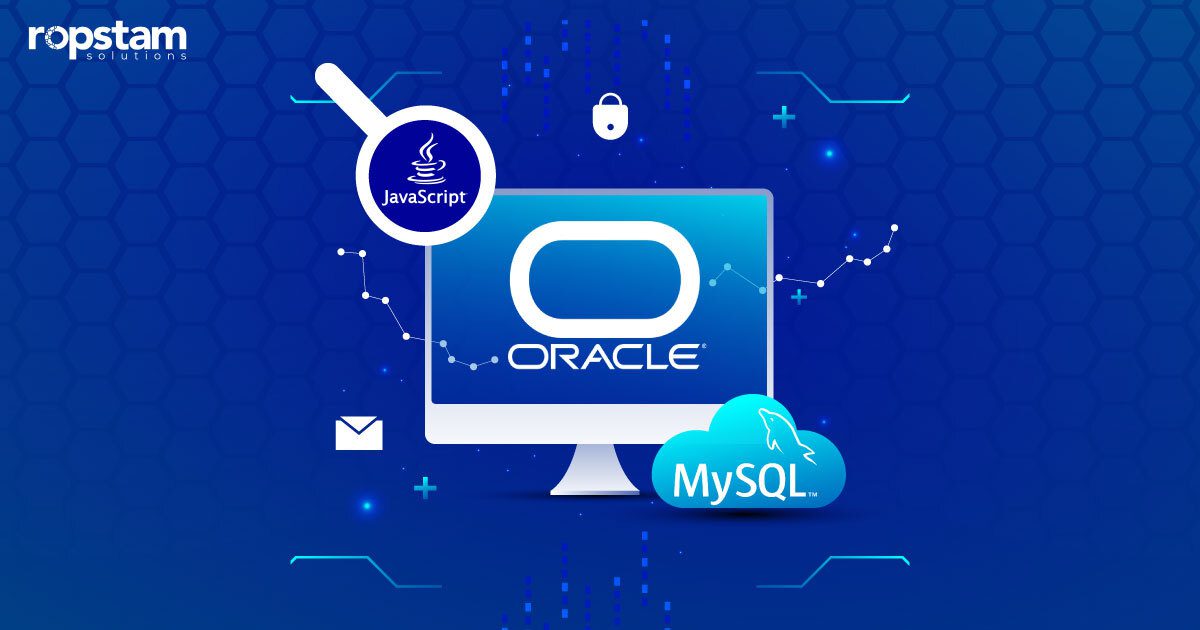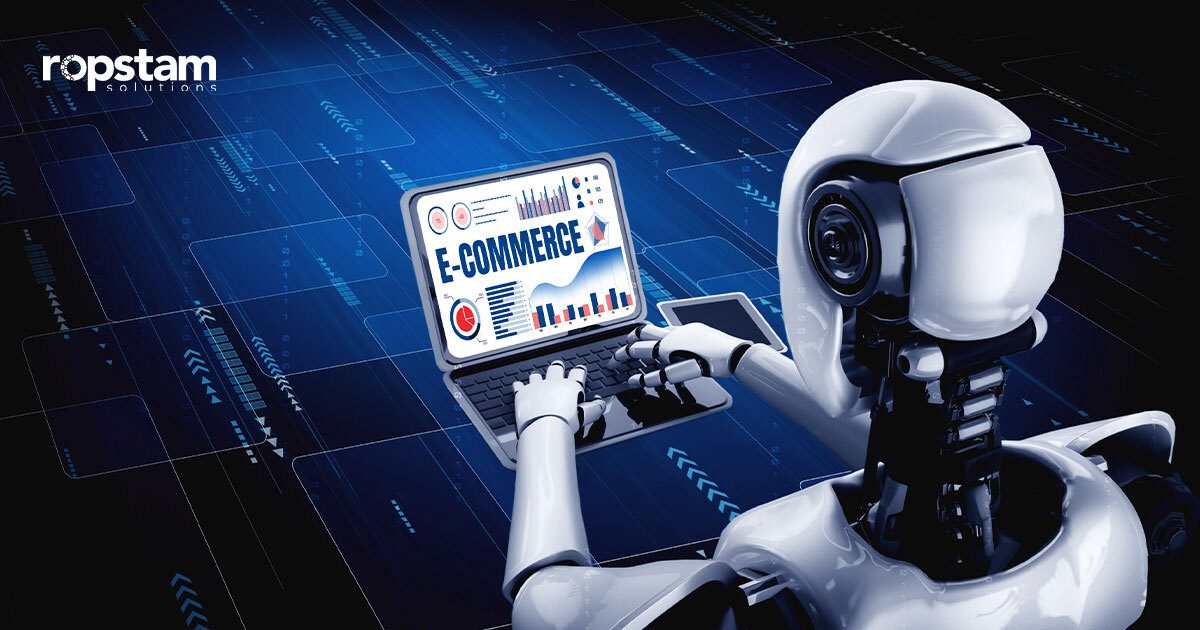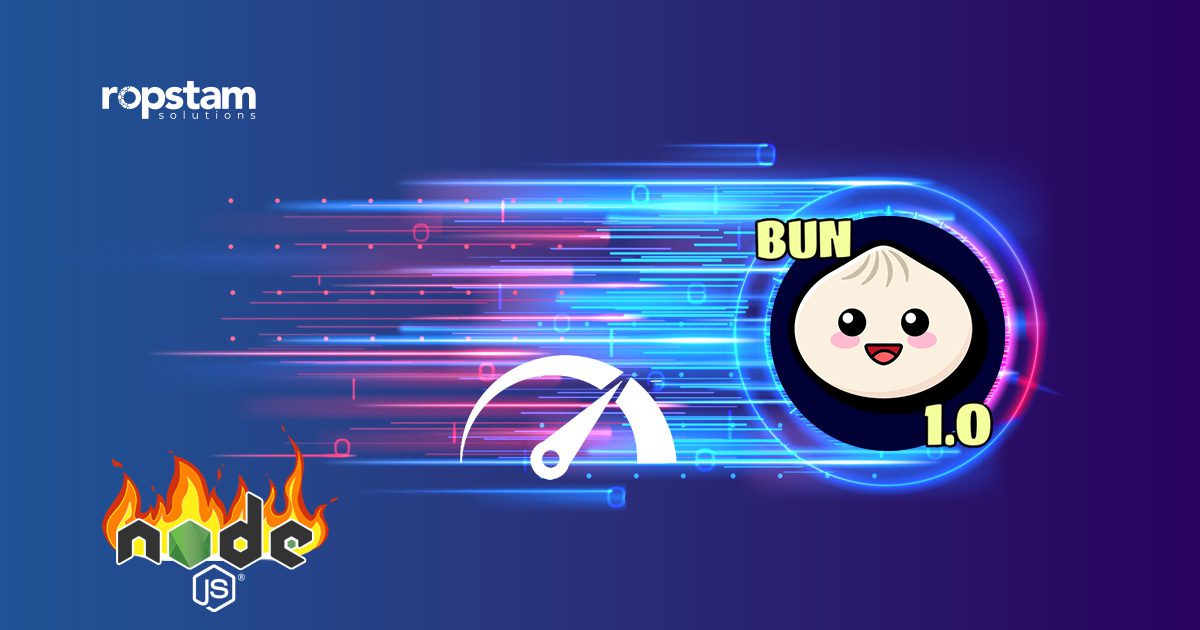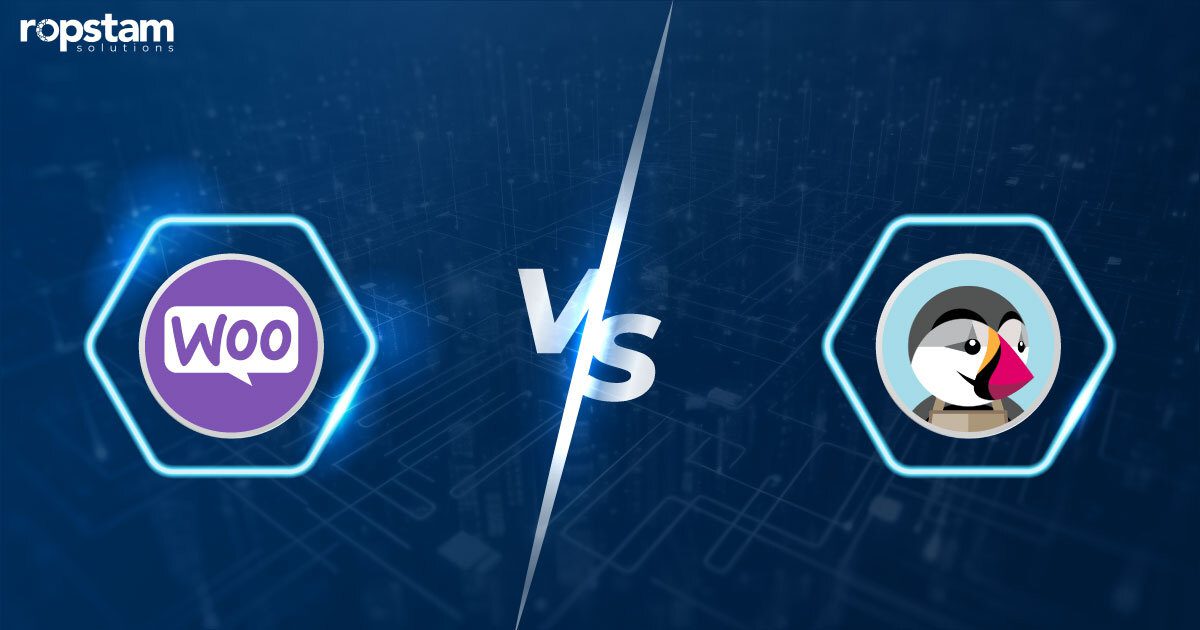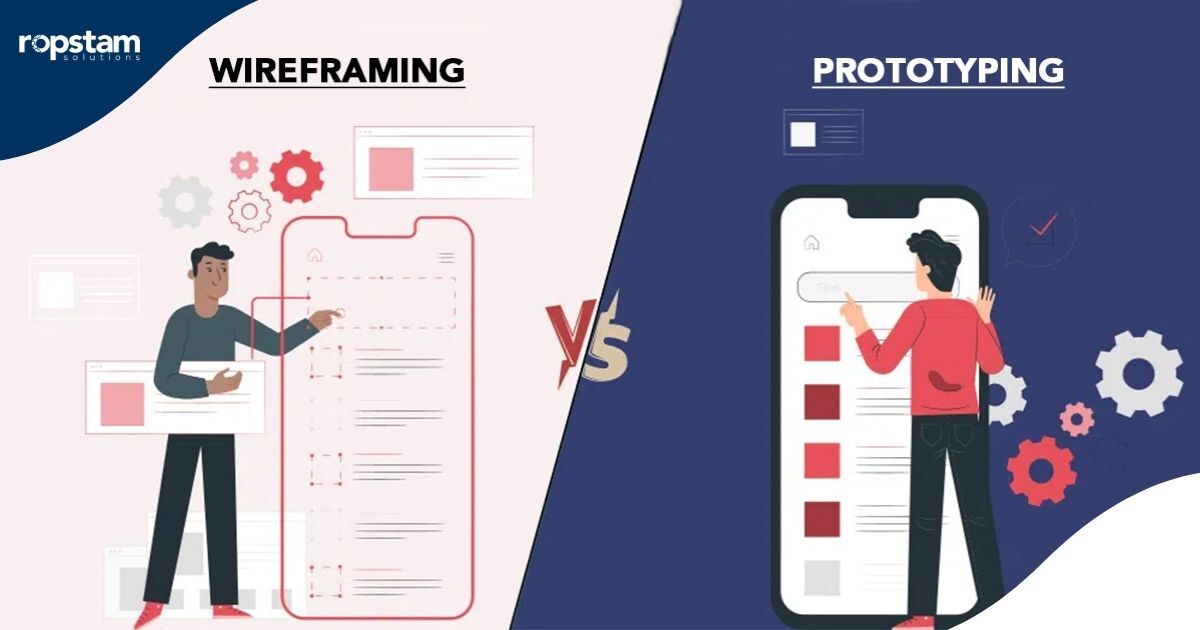Google has launched a set of new generative AI tools to bolster the cybersecurity framework across various industries. The announcement was made at the RSA Conference held in San Francisco over four days. The AI model is aimed at addressing three crucial challenges the industry faces, which are threat overload, cumbersome tools, and the talent gap.
These new AI capabilities have been incorporated into Google’s Chronicle security operations, aiming to expedite the threat detection process, the investigation process, and the initial response. This technology will help businesses find and stop cyber attacks more effectively while simplifying complex data analysis and security engineering processes.
Recent advances in generative AI, particularly in Large Language Models (LLMs), have paved “new avenues of practical application for security teams of all sizes and skill levels,” according to Google’s Chris Corde and Chronicle’s Spencer Lichtenstein. They added that “AI needs to be used in the places that require a high degree of specialization or a high degree of manual effort.”
Chronicle AI provides users with an effortless experience. They can enter their security-related questions in natural language, and the system generates a query, presents initial information, and allows them to modify and iterate on the results in different settings. These tools can provide future security insights and trends that pull together and analyze data from security events, entity insights, and behavior anomalies.
Driven by increasing awareness of data risks and threats, the global cybersecurity market is poised for robust growth over the next few years. According to Statista, global cybersecurity market revenue is forecast to jump to $262.3 billion by 2027, an increase of over 67% from $156.35 billion this year. In the US, the world’s largest economy, cybersecurity revenue is expected to surpass $63.24 billion this year, representing more than 40% of total global sales.
The new AI tools will allow teams to make better and faster decisions with AI-generated summaries. As Mr. Corde and Mr. Lichtenstein explained, “Refining and analyzing the data becomes a conversational investigative experience that reduces mean time to respond but helps quickly determine the full scope of events. Ultimately, this can help teams better use their resources.”
Google’s new AI tools are set to revolutionize the cybersecurity industry by providing better and faster threat detection and response capabilities, simplifying complex data analysis and security engineering processes, and allowing teams to make better and faster decisions. As the global cybersecurity market continues to grow, AI will play an increasingly significant role in helping businesses and organizations stay secure and protected against cyber attacks.


